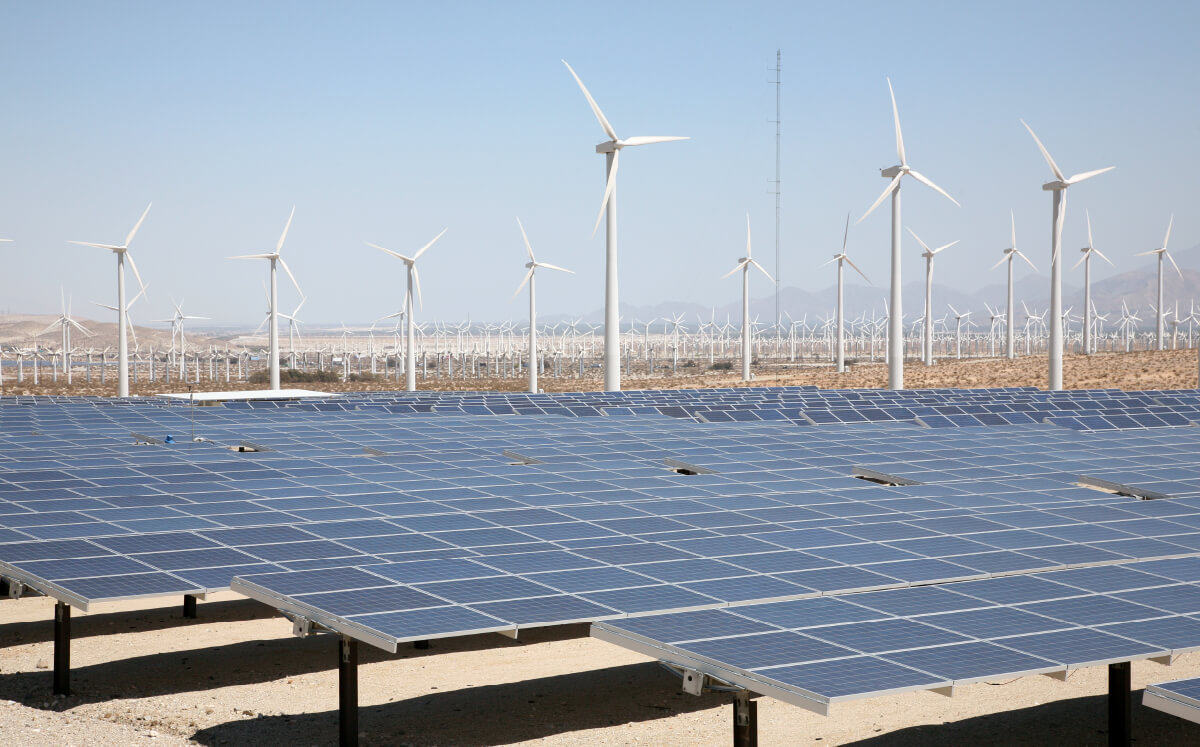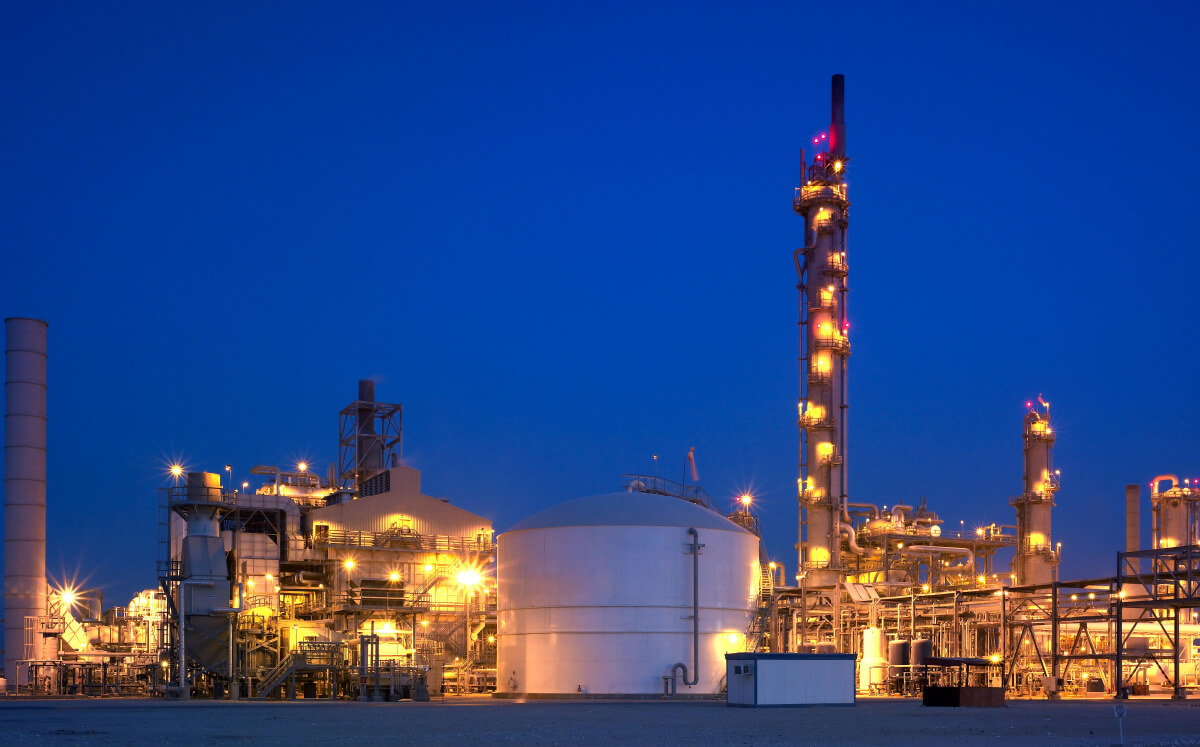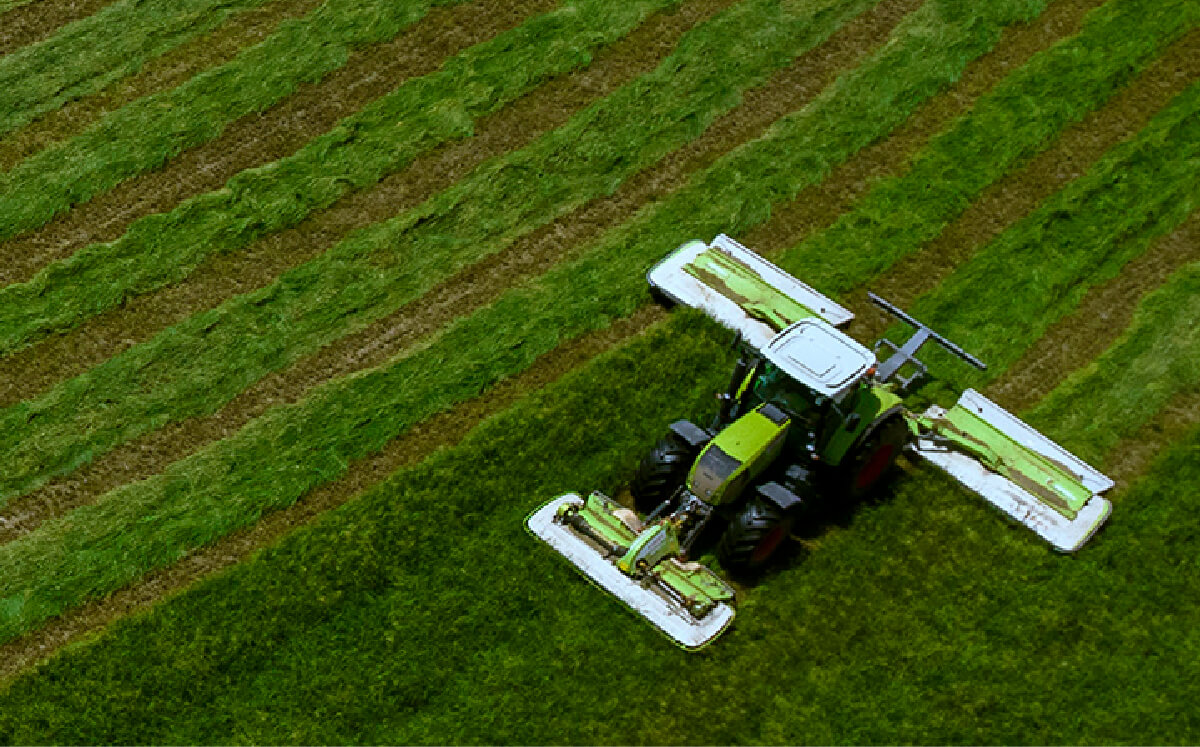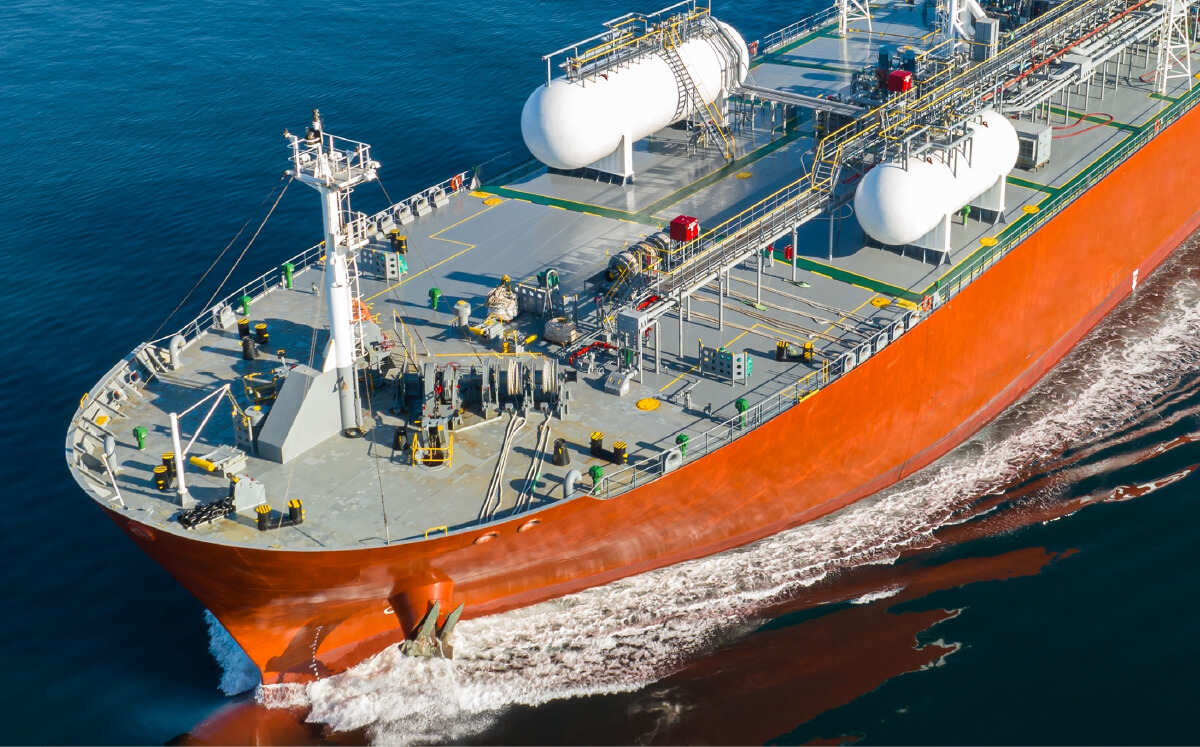Product
Stewardship
We aim to develop and promote products and services to minimize the impacts and dependencies on the environment, such as climate change, air, water and soil pollution, biodiversity and ecosystems, and to optimize the impacts on society in terms of food security, land use changes, health and safety.
2024 Performance Highlights
-3% reduction vs.2022
65% in 2022

How We Work
We are tirelessly exploring new projects to shape a sustainable future, via our approach to product stewardship which has three pillars, underpinned by our commitment to product safety:
- Providing low-carbon and renewable products through our decarbonization initiatives to reduce downstream emissions.
- Enhancing nutrient use efficiency through innovative products and services, promoting sustainable practices and reducing emissions.
- Mitigating environmental impacts beyond GHG emission reduction, decreasing air pollution from transport and shipping and bringing positive impacts of enhanced fertilizers on water, soil, air pollution and biodiversity.

Our Low-Carbon and Renewable Products
Egypt Green, located in Ain Sokhna, Egypt, is Africa’s first integrated green hydrogen and ammonia plant. The project aims to accelerate global climate action by reducing emissions.
It will feature 100 MW of electrolysers powered by 260 MW of solar and wind energy. Fertiglobe’s Egyptian facility is the first renewable ammonia production site to receive ISCC PLUS certification.
In 2023, Fertiglobe shipped the world’s first ISCC PLUS-certified renewable ammonia. In 2024, Fertiglobe won a bid to supply renewable ammonia to the EU through H2Global, with a contract from 2028 to 2033 and a minimum offtake of 40,000 tons/year.

Promoting Sustainable Agriculture and Global Food Security
Agriculture holds a complex position in climate dynamics—contributing around 30% of global GHG emissions while also being heavily affected by climate change, which threatens food security, especially for vulnerable communities.
Meeting the needs of a growing population, projected to reach 9 billion by 2050, requires a 70% increase in food production—a challenge we recognize and actively support by supplying fertilizers to essential agricultural regions.
By promoting efficient fertilizer use, we help farmers optimize existing farmland and minimize the need for land conversion. Fertiglobe’s nitrogen-based fertilizers support sustainable agriculture by enhancing productivity in an environmentally responsible way.

Mitigating Environmental Impacts Beyond GHG Emissions
In our commitment to addressing the shipping industry’s decarbonization challenge, we advocate for low-carbon and renewable ammonia as viable alternatives.
Among the various low-carbon fuels, ammonia stands out as one of the few practical options for long-distance shipping, currently contributing to approximately 3% of global CO₂ emissions. This sector is particularly difficult to decarbonize due to the cost-effectiveness of Heavy Fuel Oil (HFO).
Renewable ammonia offers a promising solution, as it can be produced using solar and wind resources, resulting in zero carbon emissions. The ammonia engines on our vessels emit no CO₂ or Sulphur Oxides (SOₓ), and the minimal Nitrogen Oxide (NOₓ) emissions can be neutralized to water and dinitrogen by up to 99%. This makes our renewable ammonia-fueled ships truly zero-emission vessels.
By leveraging our leadership in the ammonia sector, we are committed to driving innovation and sustainability in maritime transport.
